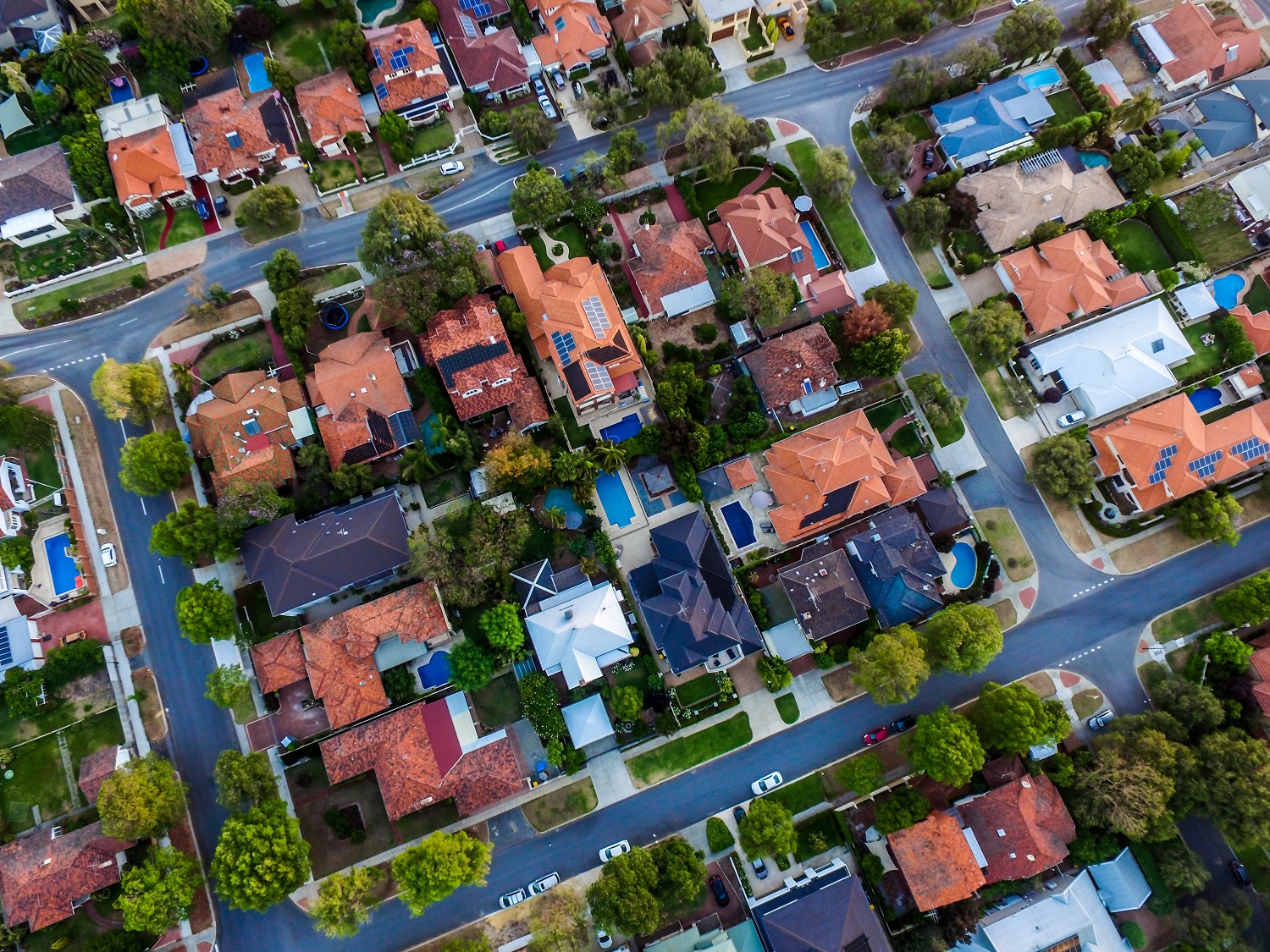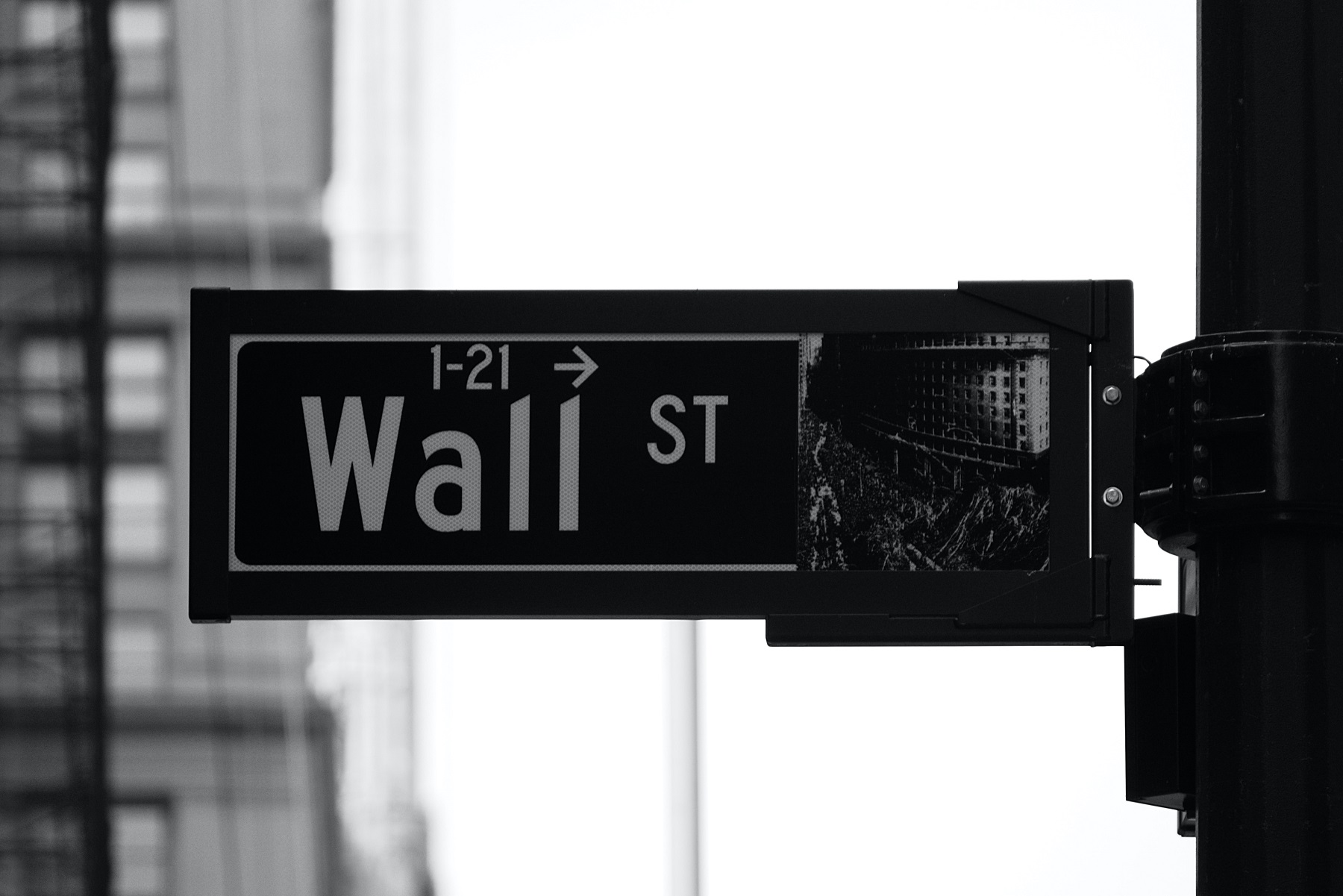A few years ago I made the decision to pay someone to mow my lawn. To be honest, I never enjoyed doing it myself but as our family started to grow (from one child, then two, followed by a third) I had less and less time to spend.
Well, that’s not quite right … I had the same amount of time (24 hours a day like everyone else), but my priorities on how I valued my time had changed.
I could afford to pay for someone to mow the lawn, but I couldn’t afford the time to do it myself. Time spent in the yard every other week meant less time to spend with my family. Less time to spend on other things that I enjoy.
Now, you might enjoy mowing your lawn and working in the yard … and that’s great … but are there other areas where your time could be better spent? It could be the day used to clean the house each week, or the time it takes to drive out of your way to save a few dollars on petrol?
Everyone has heard the saying “time is money”. But what if you flipped it around to think of it in terms of money being able to equate to time – in both work and life scenarios.
In a business sense it’s fairly simple.
Let’s say you’re a mechanic. You spend your days fixing cars so clearly you’re good with your hands – but numbers aren’t your strong suit. Most business owners wouldn’t think twice about employing a bookkeeper to keep their accounts in check each month, thereby giving them more time for the activities that actually generate the income in the first place.
It’s a simple equation of spending money (the cost of the bookkeeper) to free up more time – and in turn, make more money (by focusing on being a mechanic).
The same principle can be applied to life outside of work hours, although in this case it is the time itself that is the most valuable asset (not its ability to make you money).
For some of us, time is a luxury. By the same token, the ability to trade money for time is a privilege that many don’t have. However, if you’ve received this gift, don’t you owe it to yourself not to waste it?
Recent studies have shown a link between buying time (through outsourcing tasks) and increased happiness.
Researchers analysed surveys from around the globe that looked at what affect (if any) time-saving purchases could have on a person’s wellbeing.
The responses to the surveys consistently showed that people who spent money to buy themselves time (for example by paying someone else to run their errands) were less stressed about having a lack of time, and were consequently happier and more satisfied with their lives.
Consider how much you value your time and what benefits you can gain by having more of it.
It has been estimated that if you live to the age of 78, you will spend 28 years sleeping, 10 years at work, 6 years doing chores and 1.3 years commuting. Of the remaining years that are left, only 9 of them will end up being “free time”.
Time is a valuable asset. A finite resource that will one day run out, even if we’re not exactly sure when that day will come.
How will you spend it?
Contact Leon to book your complimentary 15 minute phone or video chat.










